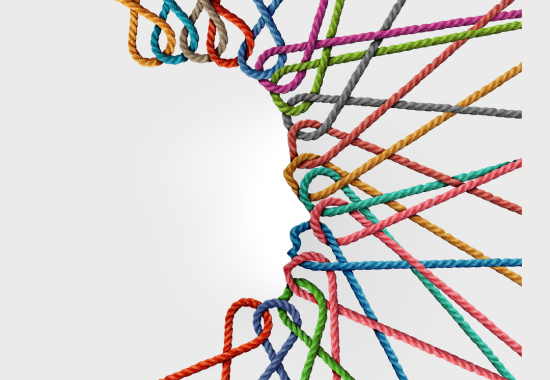Summary
At Autism Connection of Pennsylvania, we recognize the significance of providing information and support to people who suspect they may have autism, even in adulthood. This article aims to provide insights into identifying signs of autism in adults, the diagnostic process, and the available support for those who receive a diagnosis.
The autism spectrum is broad, varying features that are sometimes difficult to recognize on the surface. Some adults may have lived their lives without a full awareness that some of the barriers and struggles they have faced are a result of undiagnosed autism. Reports include those who have been stunned by the direct question, “When were you diagnosed with autism?” Other reports specify experiencing difficulty understanding social interactions, difficulty with tolerating textures, changes in routines, and being genuinely dumbfounded by other people’s seemingly insensitive perspectives and behavior. Those reporting range in ages from 20 to 64 years old.
At Autism Connection of PA, Chrisoula manages hundreds of calls, emails, and website contact entries each month. She offers suggestions to adults who want to identify the signs of adult autism, getting diagnosis, and finding support and resources.
-TLM
Identifying Signs of Autism in Adults
While autism is commonly associated with childhood, it is crucial to acknowledge that many people may remain undiagnosed until later in life. Some prevalent signs and characteristics that may indicate autism in adults include:
- Social Communication Differences: Difficulty comprehending and utilizing nonverbal cues, challenges in sustaining conversations, and struggles with recognizing and expressing emotions
- Sensory Sensitivities: Heightened sensitivity or aversion to specific sounds, sights, textures, tastes, or smells
- Special Interests and Routines: Intense focus and extensive knowledge in particular areas of interest, accompanied by a preference for routines and consistency
- Executive Functioning Challenges: Difficulties with organization, time management, planning, and flexible thinking
- Social Interaction Difficulties: Feeling overwhelmed in social situations, experiencing difficulties in establishing and maintaining friendships, and struggling to grasp social nuances
Pursuing a Diagnosis
If you suspect that you may have autism or exhibit some of the aforementioned signs, it is important to seek a formal diagnosis. Here are the steps you can take:
- Educate Yourself: Acquire knowledge about autism in adults and familiarize yourself with the diagnostic process. Learn about common traits and characteristics associated with autism. Weekly e-news covers a range of topics.
- Consult Professionals: Reach out to healthcare providers, psychologists, or diagnosticians who specialize in assessing autism in adults. They can guide you through the evaluation process.
- Diagnostic Assessment: The assessment typically involves interviews, questionnaires, and observations to evaluate your social, communication, and behavioral patterns. The goal is to gain a comprehensive understanding of your experiences and determine whether autism is an appropriate diagnosis.
Support and Resources
Following a diagnosis, people with autism can access various forms of support to enhance their well-being and quality of life. Here are some beneficial resources:
- Therapy and Counseling: Engage in individual or group therapy sessions with professionals experienced in working with adults on the autism spectrum. Therapy can focus on developing social skills, regulating emotions, and addressing specific challenges.
- Skill Development Programs: Seek out programs that offer training in areas such as executive functioning, communication, and social skills, tailored to the specific needs of adults with autism.
- Support Groups and Communities: Connect with local or online support groups where you can meet others who share similar experiences. These groups provide opportunities to share insights, receive emotional support, and connect with others on a similar journey. We offer several support groups for you to join!
Recognizing signs of autism in adulthood, pursuing a diagnosis, and accessing support are crucial steps toward understanding oneself and navigating life with autism. By staying informed, seeking professional guidance, and utilizing appropriate resources, autistic people can embark on a path of self-acceptance, growth, and fulfillment. Remember, Autism Connection of Pennsylvania is here to support you every step of the way.
–Chrisoula Perdziola, Resource Specialist

